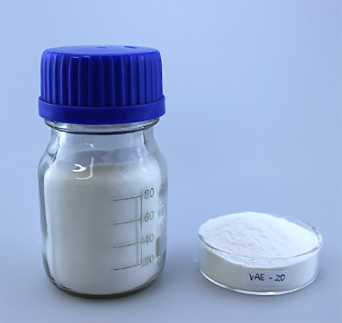
តុលា . 02, 2024 00:02 Back to list
Exploring the Viscosity Characteristics of HPMC in Various Applications
Understanding HPMC Viscosity Properties and Applications
Hydroxypropyl Methylcellulose (HPMC) is a widely used polymer derived from cellulose, renowned for its versatility in various industrial applications. One of the critical properties of HPMC is its viscosity, which significantly influences its functional performance in a variety of formulations, ranging from pharmaceuticals to construction materials.
The Importance of Viscosity in HPMC
Viscosity is a measure of a fluid's resistance to flow. In the context of HPMC, viscosity is crucial because it affects how the polymer behaves in solution and how it interacts with other components in a formulation. HPMC viscosity is primarily determined by factors such as molecular weight, concentration, and the degree of substitution of the hydroxyl and methylene groups on the cellulose backbone. High viscosity grades are typically employed in applications that require thickening and gelling properties, while lower viscosity grades are suitable for applications where fluidity is desired.
Applications of HPMC Based on Viscosity
1. Pharmaceutical Applications In the pharmaceutical industry, HPMC is commonly used as a binder, film-forming agent, and thickener in various formulations, including tablets, gels, and ointments. The viscosity of HPMC plays a vital role in controlling the release rate of active ingredients, ensuring stability and efficacy. For controlled-release formulations, higher viscosity grades are often preferred as they slow down the diffusion of drugs, providing an extended therapeutic effect.
2. Food Industry HPMC is also used as a food additive, where its viscosity characteristics contribute to texture and mouthfeel. It acts as a thickening agent in sauces, dressings, and soups, helping achieve the desired consistency. Furthermore, HPMC's ability to form gels is utilized in vegetarian and vegan products, serving as a replacement for gelatin.
hpmc viscosity

3. Construction Industry In construction, HPMC is a key ingredient in dry mix mortars, tile adhesives, and plasters. The viscosity of HPMC influences the workability and adhesion properties of these materials. Higher viscosity grades improve water retention properties, ensuring better bonding and durability of the finished products.
4. Cosmetics and Personal Care In the cosmetic industry, HPMC serves as a thickening and stabilizing agent in lotions, creams, and shampoos. The viscosity of HPMC affects the texture, spreadability, and stability of these formulations. The ability of HPMC to retain moisture also enhances the skin feel of cosmetic products, making it a popular choice for formulators.
Factors Influencing HPMC Viscosity
The viscosity of HPMC can be influenced by various factors, including temperature, pH levels, and the presence of electrolytes. For instance, increases in temperature often lead to lower viscosity due to the reduction in intermolecular interactions, facilitating easier flow. Similarly, changes in pH can alter the solubility and viscosity properties of HPMC, making it essential for formulators to optimize these conditions for desired outcomes.
Conclusion
HPMC viscosity is a critical parameter affecting the performance and efficacy of numerous products across various industries. Understanding the interplay between viscosity and formulation requirements allows manufacturers to tailor HPMC grades to meet specific needs. As applications for HPMC continue to expand, ongoing research into its viscosity characteristics will undoubtedly contribute to the development of innovative products that leverage the unique properties of this versatile polymer. Whether in pharmaceuticals, food, cosmetics, or construction, HPMC remains a key player in product formulation, demonstrating its importance in modern applications.
-
Versatile Hpmc Uses in Different Industries
NewsJun.19,2025
-
Redispersible Powder's Role in Enhancing Durability of Construction Products
NewsJun.19,2025
-
Hydroxyethyl Cellulose Applications Driving Green Industrial Processes
NewsJun.19,2025
-
Exploring Different Redispersible Polymer Powder
NewsJun.19,2025
-
Choosing the Right Mortar Bonding Agent
NewsJun.19,2025
-
Applications and Significance of China Hpmc in Modern Industries
NewsJun.19,2025







